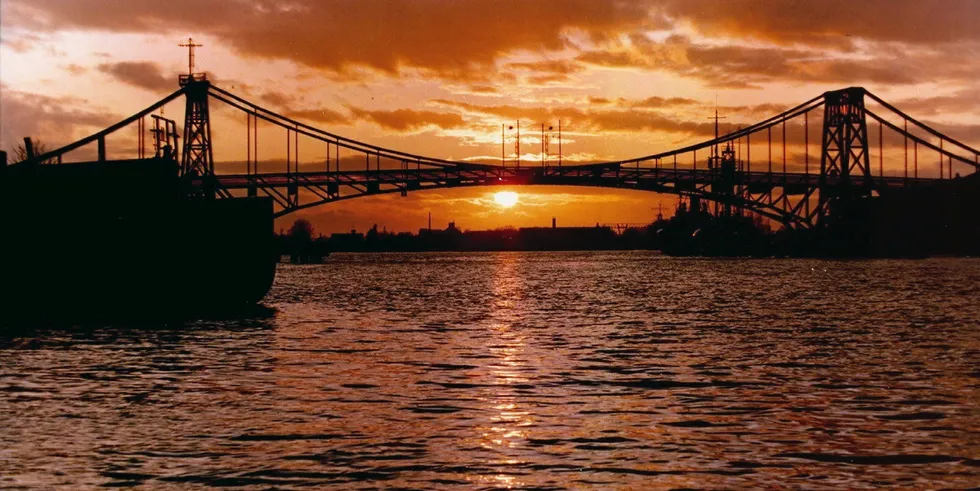Uniper resumes plans for 'hydrogen-ready' German LNG terminal: Fortum CEO
Fortum also applies for lifetime extension at Finnish nuclear plant to wean Europe off Russian energy imports

Fortum also applies for lifetime extension at Finnish nuclear plant to wean Europe off Russian energy imports
